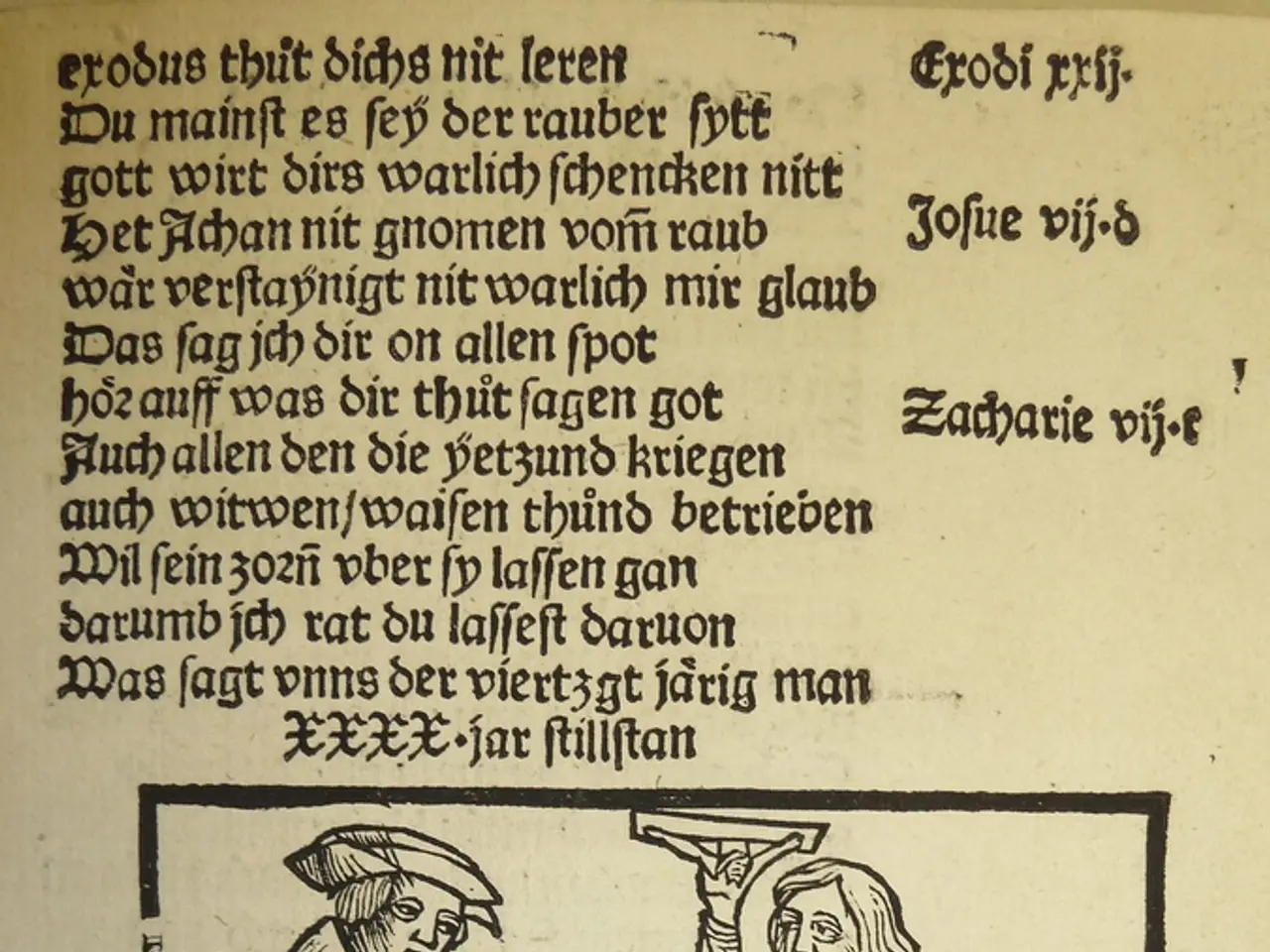Quebec Considers Language Shake-up: Ban on Neologisms Proposed
The Quebec government is considering a shake-up in its language policies, with a focus on tackling French orthography and potentially banning neologisms in government docs. This move, spearheaded by Minister Jean-François Roberge two years ago, has sparked debate and raised questions about the evolution of language and its role in society.
Roberge's decree, which aims to preserve and strengthen the French language, has been criticized by some as a political diversion tactic due to the CAQ's poor polling numbers. However, the minister maintains that the ban on neologisms and median points is necessary to ensure consistency and quality in official docs. The decree is an ideological stance that resonates with a part of the electorate and responds to an inverse ideological stance on inclusive writing, which some argue can exclude those struggling with French orthography, such as dyslexics or functional illiterates.
Language evolves primarily through usage, and changing a language requires societal evolution. The Quebec government could ask schools to teach the new orthography, as schools in France now do. However, two years after the decree, there has been no real 'linguistic confusion' to warrant its implementation, and a minority of civil servants still use inclusive writing in their official communications.
The Quebec government's language policies are under scrutiny, with a focus on tackling French orthography and potentially banning neologisms in government docs. While Minister Roberge's decree is seen as an ideological stance, its practical implications and effectiveness remain to be seen. As language evolves through usage, the role of societal evolution in language change cannot be overlooked. The Quebec government may need to consider more inclusive approaches to language policy, ensuring that all citizens can participate fully in society.





